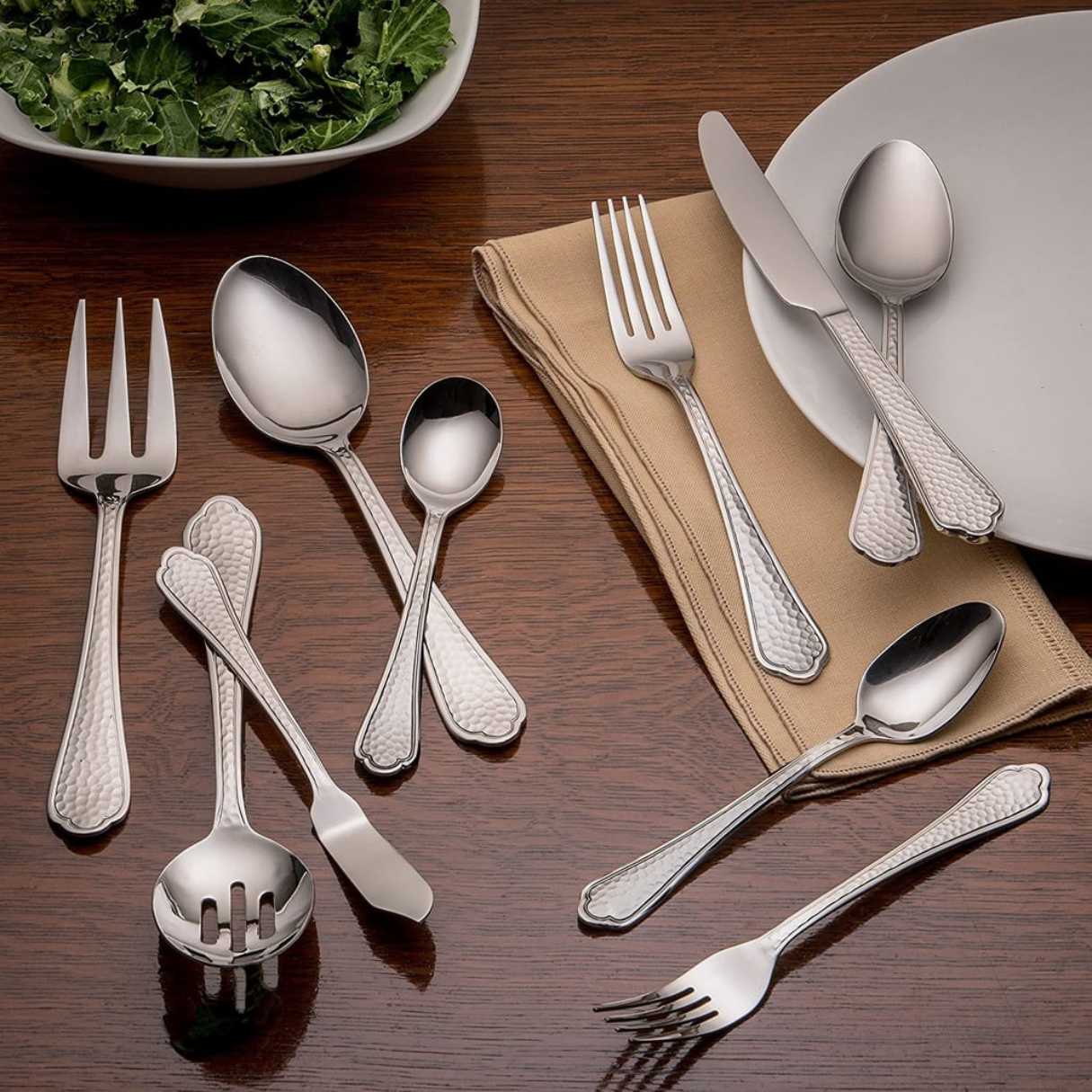

Tableware
How To Clean Rust Off Silverware
Modified: January 19, 2024
Learn how to clean rust off tableware and bring back the shine to your silverware. Easy and effective methods to remove rust stains.
(Many of the links in this article redirect to a specific reviewed product. Your purchase of these products through affiliate links helps to generate commission for Storables.com, at no extra cost. Learn more)
Introduction
Welcome to the world of tableware, where the beauty and charm of finely crafted silverware can elevate any dining experience. However, over time, silverware may suffer from the presence of rust, which not only detracts from its elegant appearance but can also affect its functionality. If you’ve found yourself with rusty silverware and you’re unsure of how to restore its former glory, you’ve come to the right place.
In this comprehensive guide, we will explore various methods to effectively remove rust from your silverware, using common household items and commercial products. We’ll also share some valuable tips on how to prevent rust from forming in the first place, ensuring a long-lasting shine for your treasured tableware.
Before we dive into the cleaning process, let’s take a moment to understand what exactly causes rust to form on silverware.
Key Takeaways:
- Combat rust on silverware by using household items like baking soda, vinegar, and lemon juice. Prevent future rust by keeping silverware dry and storing it properly.
- Restore the elegance of your silverware with gentle cleaning methods and professional care. Preserve the sentimental value of each piece by maintaining its shine for generations to come.
Read more: How To Clean Rust Off A Grill
Understanding Rust on Silverware
Rust is the result of a chemical process called oxidation, which occurs when metal surfaces are exposed to oxygen and moisture. Silverware is typically made of stainless steel, which is known for its resistance to rust. However, under certain conditions, stainless steel can still develop rust.
Rust is commonly seen as a reddish-brown discoloration on the surface of silverware. It not only diminishes the aesthetic appeal of the tableware but can also affect its integrity, making it harder to clean and potentially compromising its functionality.
The formation of rust on silverware can be attributed to various factors:
- High humidity: Exposure to excessive humidity can accelerate the oxidation process and promote rust formation.
- Prolonged exposure to water: Leaving silverware in contact with water for extended periods, especially if it contains minerals or chemicals, can contribute to rust development.
- Deterioration of protective coatings: Silverware may have a protective coating or plating that can wear off over time, leaving the metal more susceptible to rusting.
- Salt and acidic substances: Salt, as well as acidic foods or substances, can corrode the protective layer of silverware, creating ideal conditions for rust to form.
By understanding the causes of rust, you can take proactive steps to prevent its formation and ensure the longevity of your silverware. Now that we have a grasp on the nature of rust, let’s move on to the materials you’ll need to effectively clean your silverware.
Materials Needed for Cleaning
Before embarking on the journey to restore your silverware, gather the following materials:
- Baking soda: This versatile household ingredient acts as a gentle abrasive and can help remove rust from silverware.
- Water: You’ll need water to create a paste with the baking soda or to soak the silverware, depending on the cleaning method.
- Vinegar: Vinegar is a natural acid that can help dissolve rust stains on silverware.
- Aluminum foil: The aluminum foil will be used in combination with vinegar to create a chemical reaction that aids in rust removal.
- Lemon juice: The acidic properties of lemon juice make it an effective rust remover for silverware.
- Salt: Salt can be combined with lemon juice or used as a scrub to remove rust from silverware.
- Commercial silver cleaner: If the rust stains on your silverware are stubborn and refuse to budge with household remedies, you may consider using a commercial silver cleaner specifically designed for rust removal.
- Microfiber cloth or soft bristle brush: These tools will help you gently scrub and polish the silverware.
- Old newspaper or towel: Lay down newspaper or a towel to protect your work surface from any potential staining or scratching when cleaning the silverware.
Now that you have all the necessary materials at hand, it’s time to roll up your sleeves and begin the rust removal process. In the following sections, we’ll explore various methods that employ the materials listed above to restore your silverware to its former glory.
Method 1: Baking Soda and Water Paste
This method utilizes the gentle abrasive properties of baking soda to remove rust from your silverware. Follow these steps:
- Start by creating a paste of baking soda and water. Mix equal parts of baking soda and water in a small bowl until you achieve a thick, but spreadable consistency.
- Apply the paste to the rusted areas of your silverware. Use a soft bristle brush or your fingers to gently rub the paste onto the rust stains. Ensure that the paste covers the entire affected area.
- Let the baking soda paste sit on the silverware for about 15 minutes. This allows the baking soda to penetrate the rust and loosen it from the surface of the silverware.
- Gently scrub the rusted areas with the brush or a damp cloth. Use small circular motions to lift off the rust stains. Be cautious not to scrub too vigorously to avoid scratching the silverware.
- Rinse the silverware thoroughly under running water to remove any remaining residue from the baking soda paste.
- Dry the silverware with a clean microfiber cloth or a soft towel. Ensure that it is completely dry to prevent any further rusting.
This method is suitable for removing light to moderate rust stains from silverware. If the rust is particularly stubborn, you may need to try alternative methods. Let’s explore another effective rust removal method using vinegar and aluminum foil.
Method 2: Vinegar and Aluminum Foil
In this method, we will harness the power of a chemical reaction between vinegar and aluminum foil to remove rust from silverware. Follow these steps:
- Start by filling a container with enough white vinegar to fully submerge the rusted silverware.
- Place a sheet of aluminum foil into the vinegar, ensuring that it is fully immersed.
- Submerge the rusted silverware into the vinegar, making sure it comes into contact with the aluminum foil. Let it soak for at least 2 to 3 hours or overnight.
- After the soaking period, remove the silverware from the vinegar and aluminum foil solution.
- Use a soft bristle brush or cloth to gently scrub the rusted areas. The combination of vinegar and aluminum foil should have loosened the rust, making it easier to remove.
- Rinse the silverware thoroughly under running water to remove any vinegar residue.
- Dry the silverware with a clean microfiber cloth or a soft towel. Ensure it is completely dry to prevent any further rusting.
This method is highly effective for removing moderate to heavy rust stains from silverware. The chemical reaction between the vinegar and aluminum foil helps to dissolve and lift off the rust, leaving your silverware looking clean and restored.
However, it’s important to note that this method may not be suitable for silver-plated or antique silverware, as it can potentially remove or tarnish the plating. Exercise caution and consider trying alternative methods if you are uncertain about the composition of your silverware.
Now that we’ve explored two effective methods, let’s move on to the next technique: using lemon juice and salt to remove rust from silverware.
To clean rust off silverware, create a paste with baking soda and water, then gently scrub the rusted areas with a soft cloth or toothbrush. Rinse and dry thoroughly.
Read more: How To Clean Rust Off Quartz Countertops
Method 3: Lemon Juice and Salt
If you prefer using natural ingredients, this method employs the acidic properties of lemon juice and the abrasive nature of salt to remove rust from silverware. Follow these steps:
- Squeeze fresh lemon juice into a small bowl. Alternatively, you can use bottled lemon juice if fresh lemons are not available.
- Add a generous amount of salt to the lemon juice and mix well to form a paste.
- Apply the lemon juice and salt paste onto the rusted areas of the silverware. Use a soft bristle brush or your fingers to gently rub the paste onto the rust stains. Ensure that the paste covers the entire affected area.
- Allow the lemon juice and salt paste to sit on the silverware for about 30 minutes. This gives the acidic properties of the lemon juice enough time to help dissolve the rust.
- Gently scrub the rusted areas with the brush or a damp cloth. Be cautious not to scrub too vigorously to avoid scratching the silverware.
- Rinse the silverware thoroughly under running water to remove any remaining residue.
- Dry the silverware with a clean microfiber cloth or a soft towel. Ensure it is completely dry to prevent any further rusting.
This method is effective for removing light to moderate rust stains from silverware. Lemon juice acts as a natural acid, while salt acts as a mild abrasive. Together, they work to lift off the rust and restore the shine of your silverware.
It’s worth noting that this method may not be suitable for silver-plated or antique silverware, as it can potentially remove or tarnish the plating. As always, exercise caution and consider trying alternative methods if you are unsure.
Now that we’ve explored three effective methods using household ingredients, let’s move on to the fourth method, which involves using a commercial silver cleaner specifically designed for rust removal.
Method 4: Commercial Silver Cleaner
If the rust stains on your silverware are stubborn and resistant to household remedies, using a commercial silver cleaner specifically formulated for rust removal can be a viable option. Follow these steps:
- Read the instructions on the commercial silver cleaner carefully to ensure proper usage.
- Wear gloves to protect your hands and ensure good ventilation in the area where you’ll be working.
- Apply a small amount of the commercial silver cleaner onto a soft bristle brush or a cloth.
- Gently scrub the rusted areas of the silverware using circular motions. Be sure to cover all the affected areas.
- Follow the recommended waiting time specified by the manufacturer. This allows the cleaner to effectively dissolve and remove the rust stains.
- Rinse the silverware thoroughly under running water to remove any residue from the cleaner.
- Dry the silverware with a clean microfiber cloth or a soft towel. Ensure it is completely dry to prevent any further rusting.
Commercial silver cleaners are formulated with specific rust removal properties and can effectively tackle tough stains. It’s important to follow the instructions provided with the cleaner and exercise caution when using any chemical-based products.
Remember, this method is best suited for silverware made of stainless steel or solid silver. If you have silver-plated or antique silverware, it’s advisable to consult a professional before using a commercial cleaner to avoid any potential damage.
Now that we’ve covered the four main methods for removing rust from silverware, let’s move on to some tips for preventing rust and keeping your silverware looking its best.
Tips for Preventing Rust on Silverware
Prevention is key when it comes to keeping your silverware rust-free and in pristine condition. Here are some helpful tips to prevent rust from forming on your beloved tableware:
- Keep silverware dry: After each use, thoroughly dry your silverware with a soft cloth to remove any moisture. Moisture is a major contributor to rust formation, so ensuring your silverware is completely dry is crucial.
- Avoid prolonged exposure to water: Try to minimize the amount of time your silverware spends in contact with water. This includes avoiding leaving silverware soaking in water for extended periods.
- Store silverware properly: When not in use, store your silverware in a clean and dry place. Consider using anti-tarnish storage options, such as lined silverware chests or tarnish-preventive bags, to provide an additional layer of protection.
- Clean silverware promptly: Don’t let food particles or stains sit on your silverware for too long. Clean it as soon as possible after use to prevent the buildup of substances that can lead to corrosion and rust.
- Avoid abrasive cleaners: When cleaning your silverware, avoid using harsh or abrasive cleaners that can damage the surface or remove protective coatings. Stick to gentle cleaning methods using mild dish soap or natural ingredients like baking soda and vinegar.
- Use soft cloths or brushes: When scrubbing your silverware, use soft microfiber cloths or soft-bristled brushes to avoid scratching the surface. Scratches can create grooves and crevices where rust can take hold.
- Regularly inspect and maintain your silverware: Take the time to inspect your silverware periodically for any signs of rust or damage. If you spot any rust spots, address them promptly using the appropriate cleaning method.
- Consider professional cleaning: For valuable or intricate silverware pieces, it’s advisable to seek professional cleaning and maintenance services. Professionals have the expertise and specialized tools to handle delicate silverware and keep it rust-free.
By following these preventive measures, you can extend the lifespan of your silverware and enjoy its beauty and functionality for years to come.
Now that you have a comprehensive understanding of how to remove rust from silverware and prevent it from recurring, you are well-equipped to restore your tableware to its former glory and maintain its shine.
Remember to always handle your silverware with care and clean it regularly to ensure its longevity and preserve its beauty. Enjoy your meals with elegantly rust-free silverware!
ipherals
Conclusion
Tableware holds a special place in our homes, adding elegance and charm to our dining experiences. However, the presence of rust on silverware can tarnish its beauty and functionality. Fortunately, with the right knowledge and techniques, it is possible to remove rust and restore your silverware to its former glory.
In this comprehensive guide, we explored various methods for removing rust from silverware. We learned that using ingredients like baking soda and water paste, vinegar and aluminum foil, lemon juice and salt, or commercial silver cleaners can effectively remove rust stains. Each method offers its own unique approach, catering to different levels of rust and personal preferences.
However, prevention is always better than cure. By following some simple tips, such as keeping silverware dry, minimizing water exposure, storing silverware properly, and promptly cleaning after use, you can prevent rust from forming in the first place. Regular inspections, gentle cleaning techniques, and considering professional cleaning for valuable or delicate pieces can also help maintain the shine and longevity of your silverware.
Remember, each piece of silverware has its own story and sentimental value. By taking the time to care for and restore your silverware, you are preserving these cherished memories and ensuring that they can be enjoyed for generations to come.
So, next time you encounter rust on your silverware, approach it with confidence and the knowledge to restore its luster. With a little effort, you can transform tarnished silverware into shining gems that enhance the joy and sophistication of every meal.
Now, go forth and reclaim the radiance of your silverware. Your dining table awaits the graceful beauty that only sparkling silverware can bring!
Frequently Asked Questions about How To Clean Rust Off Silverware
Was this page helpful?
At Storables.com, we guarantee accurate and reliable information. Our content, validated by Expert Board Contributors, is crafted following stringent Editorial Policies. We're committed to providing you with well-researched, expert-backed insights for all your informational needs.
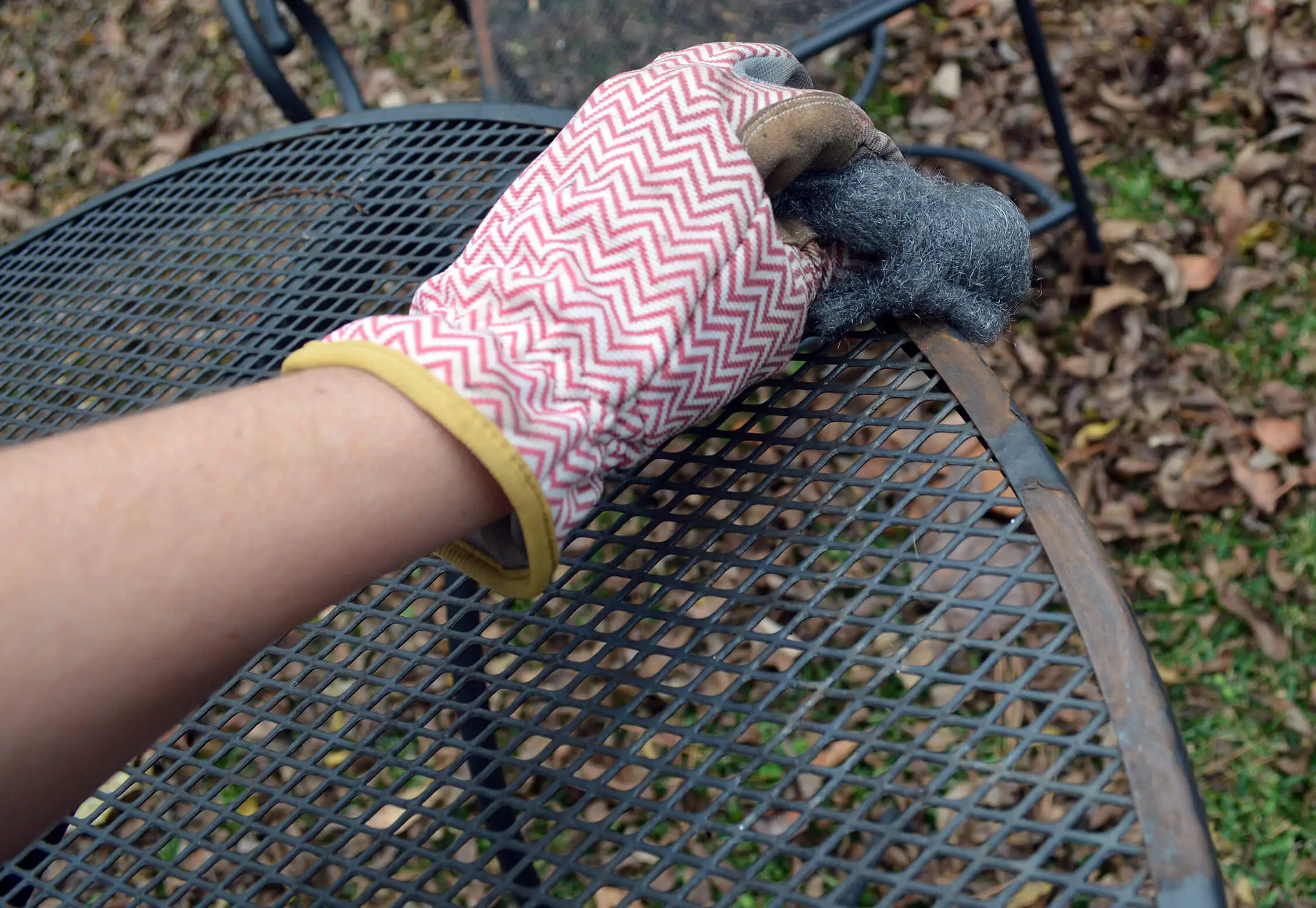
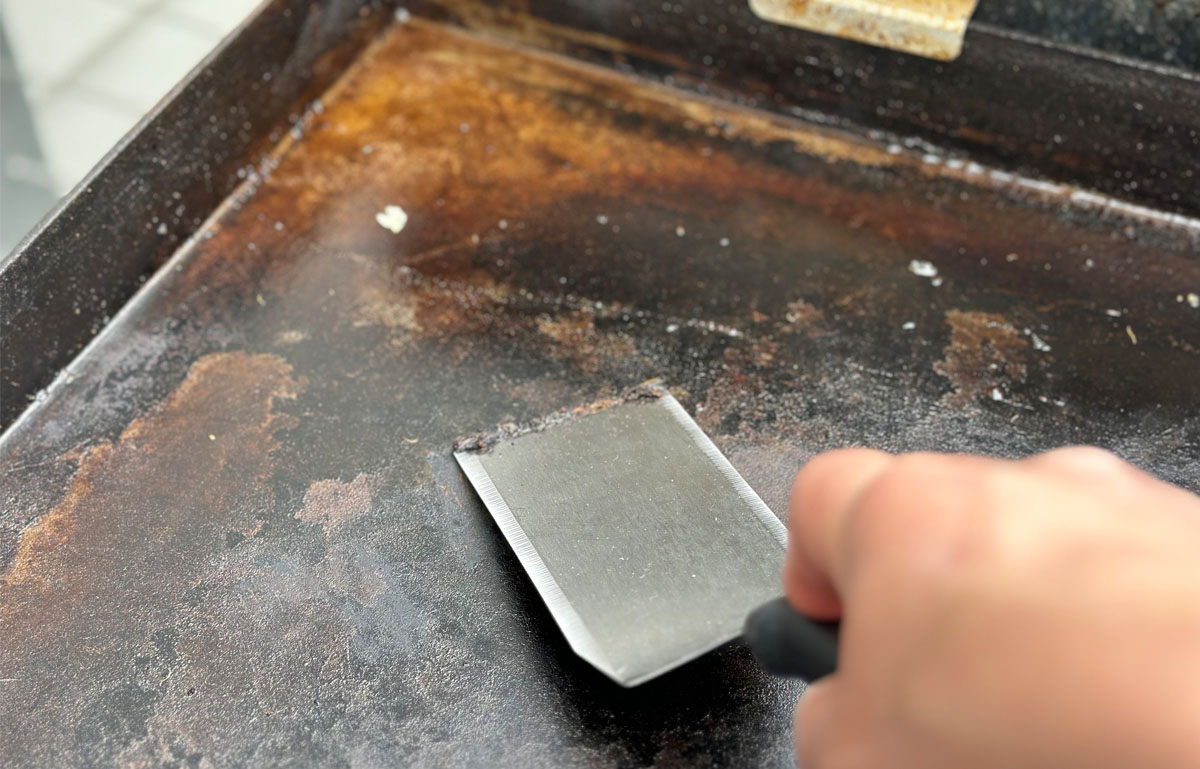
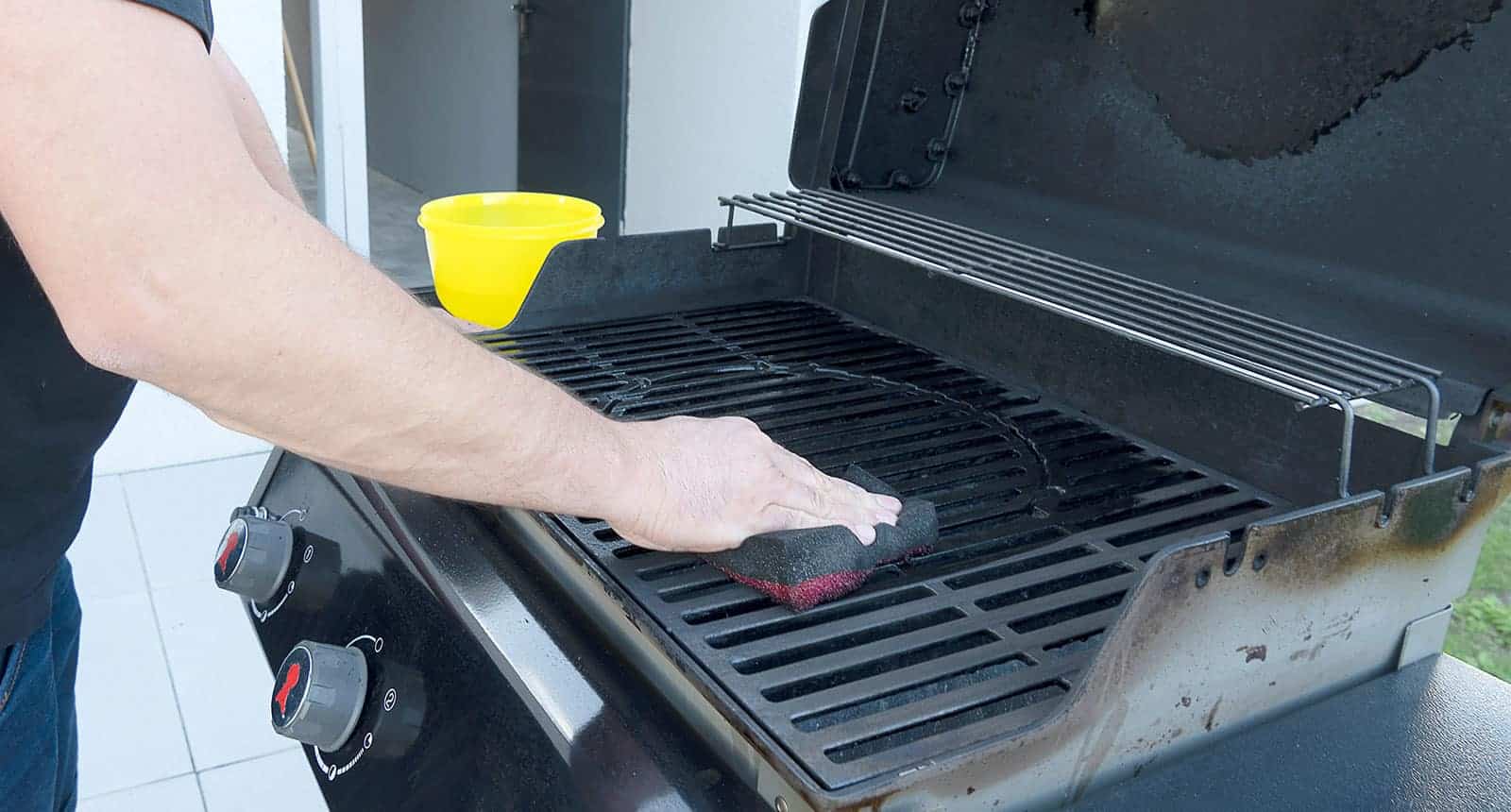
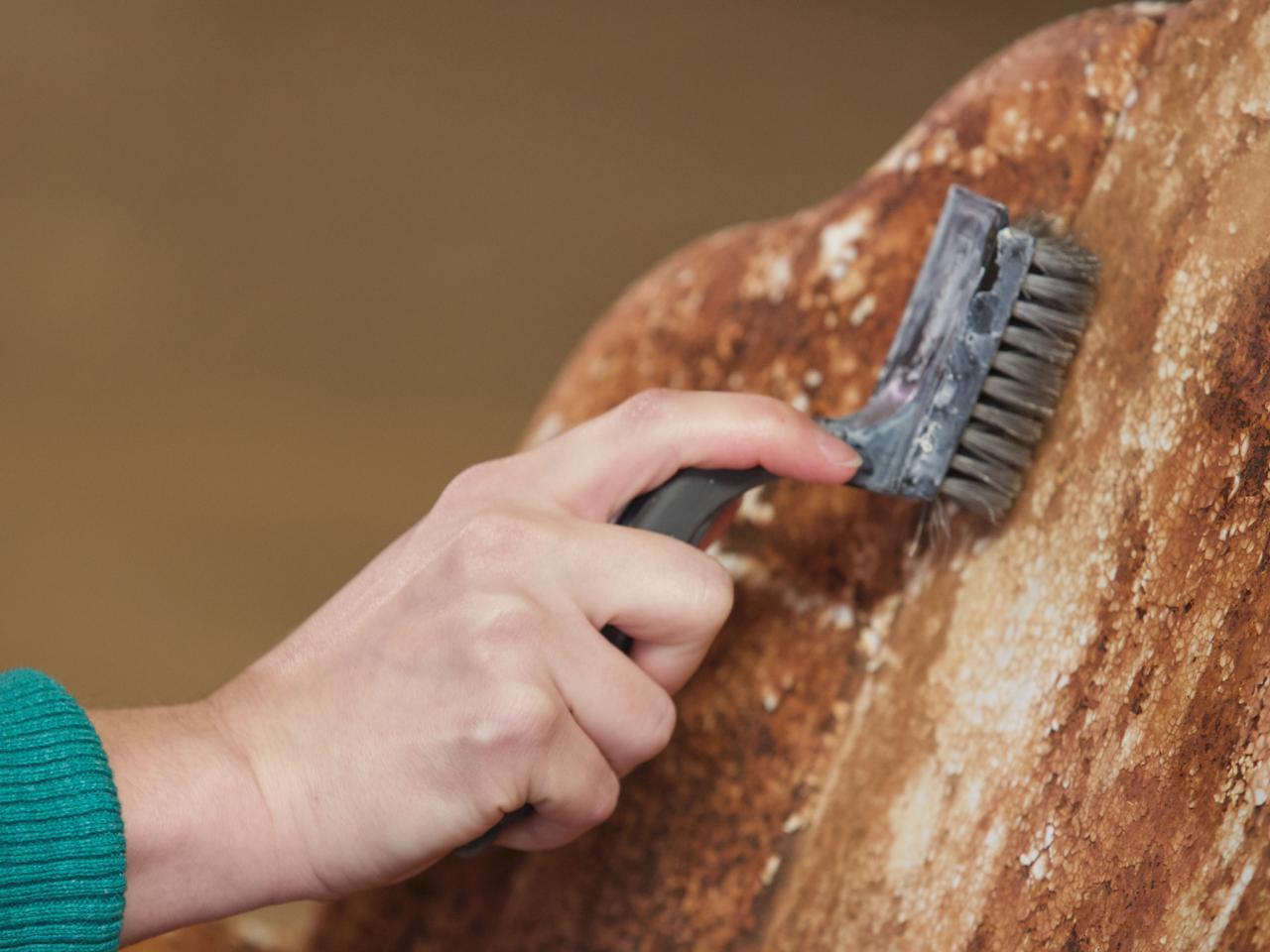
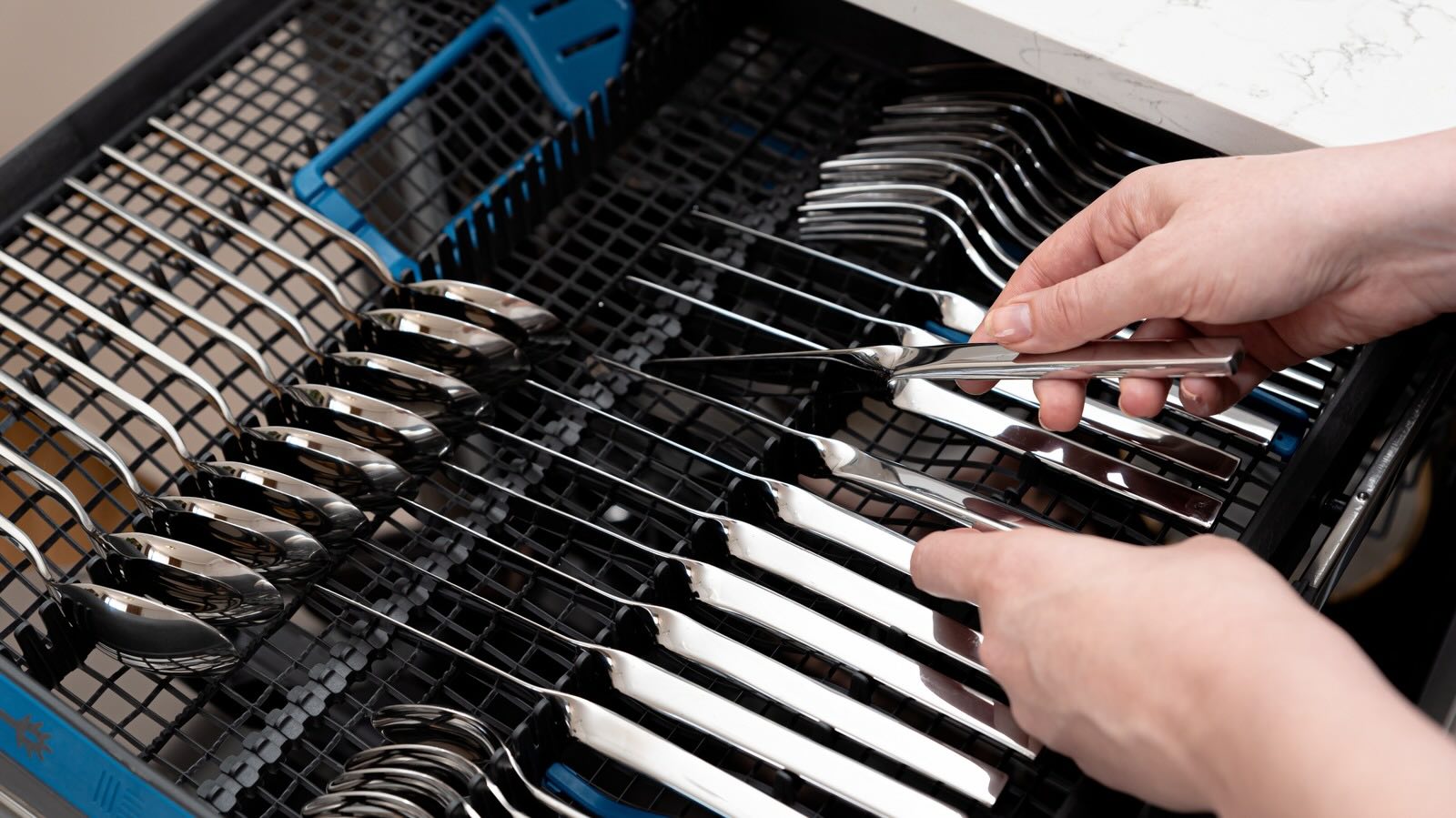
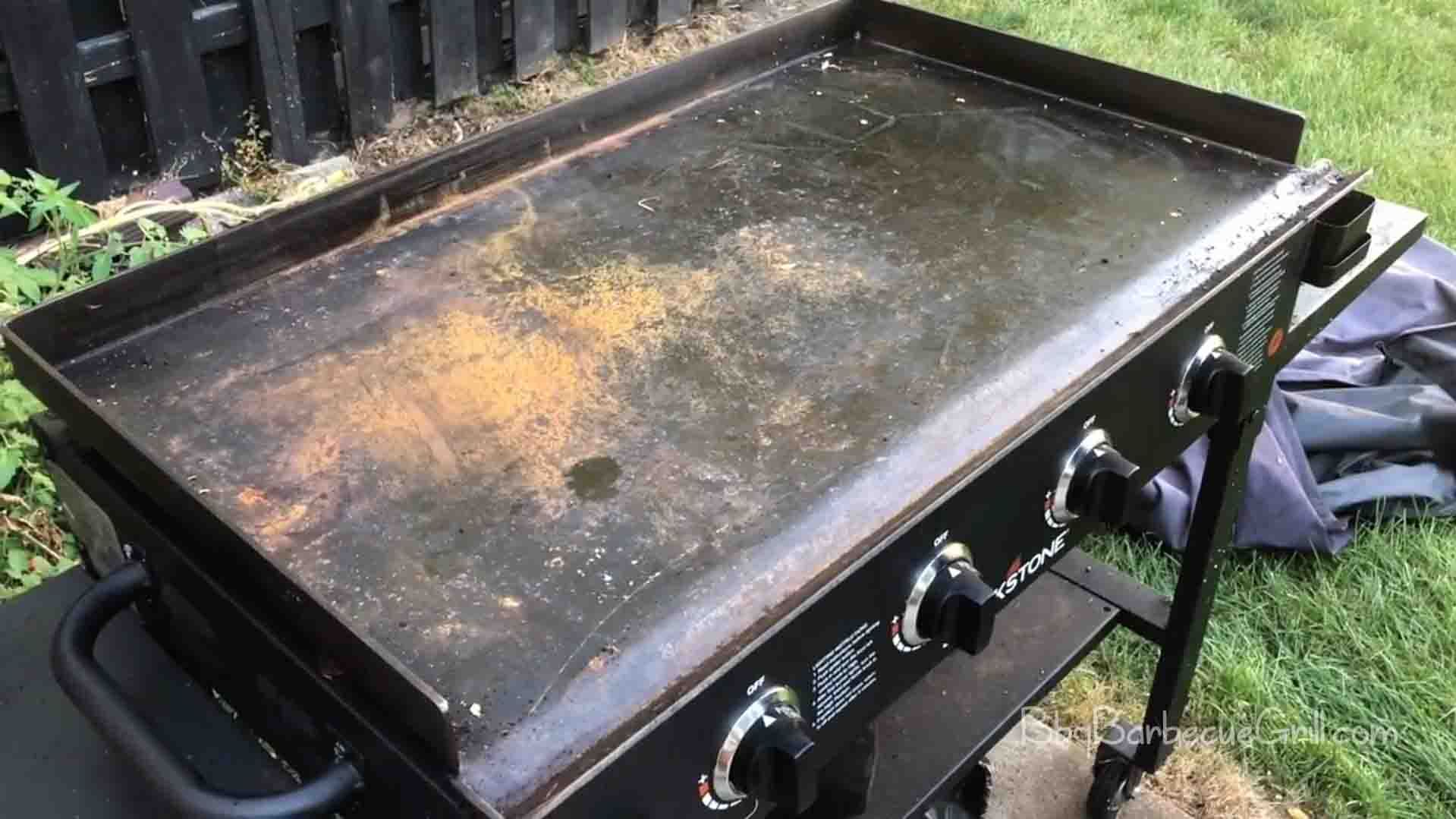
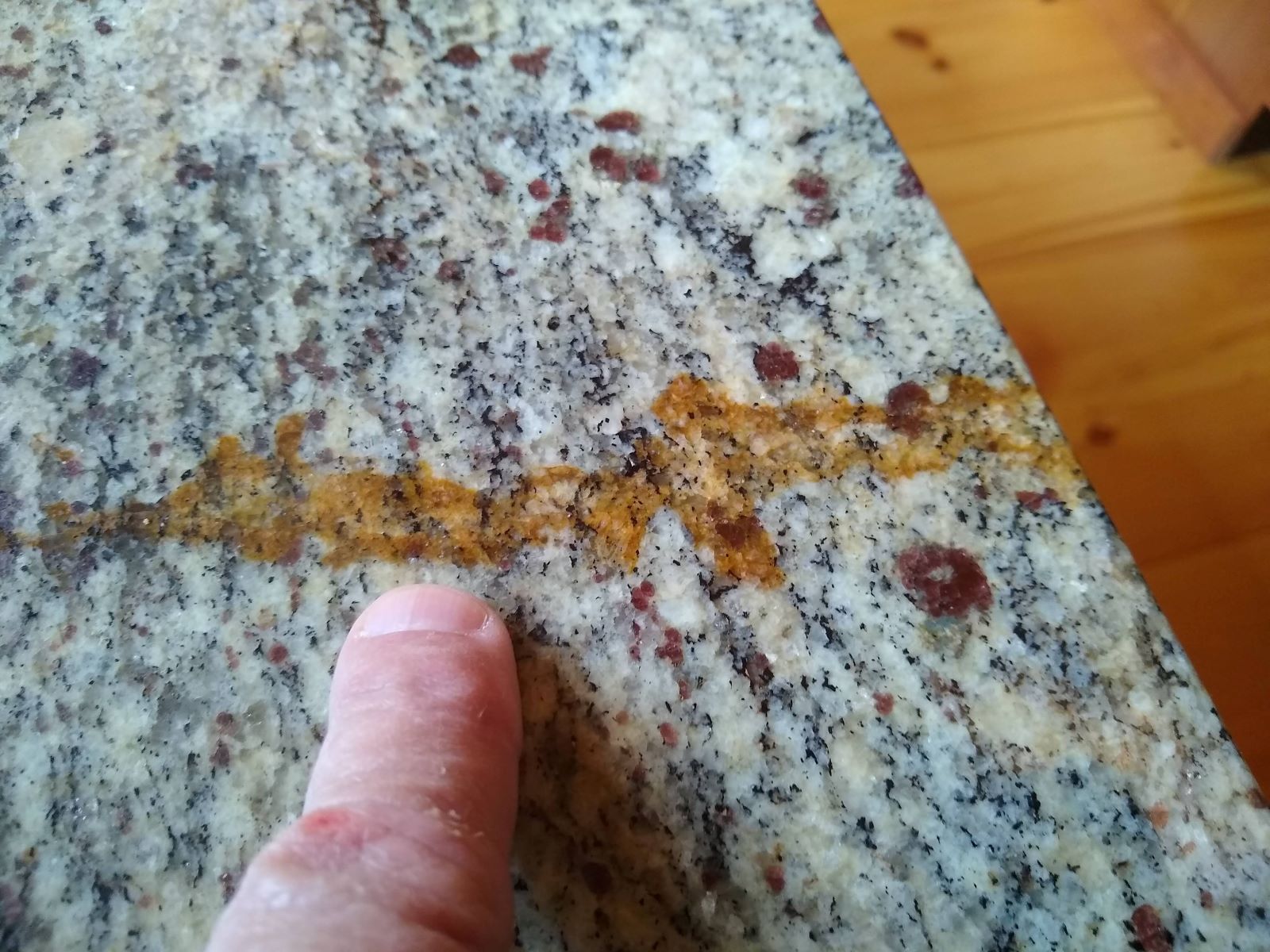
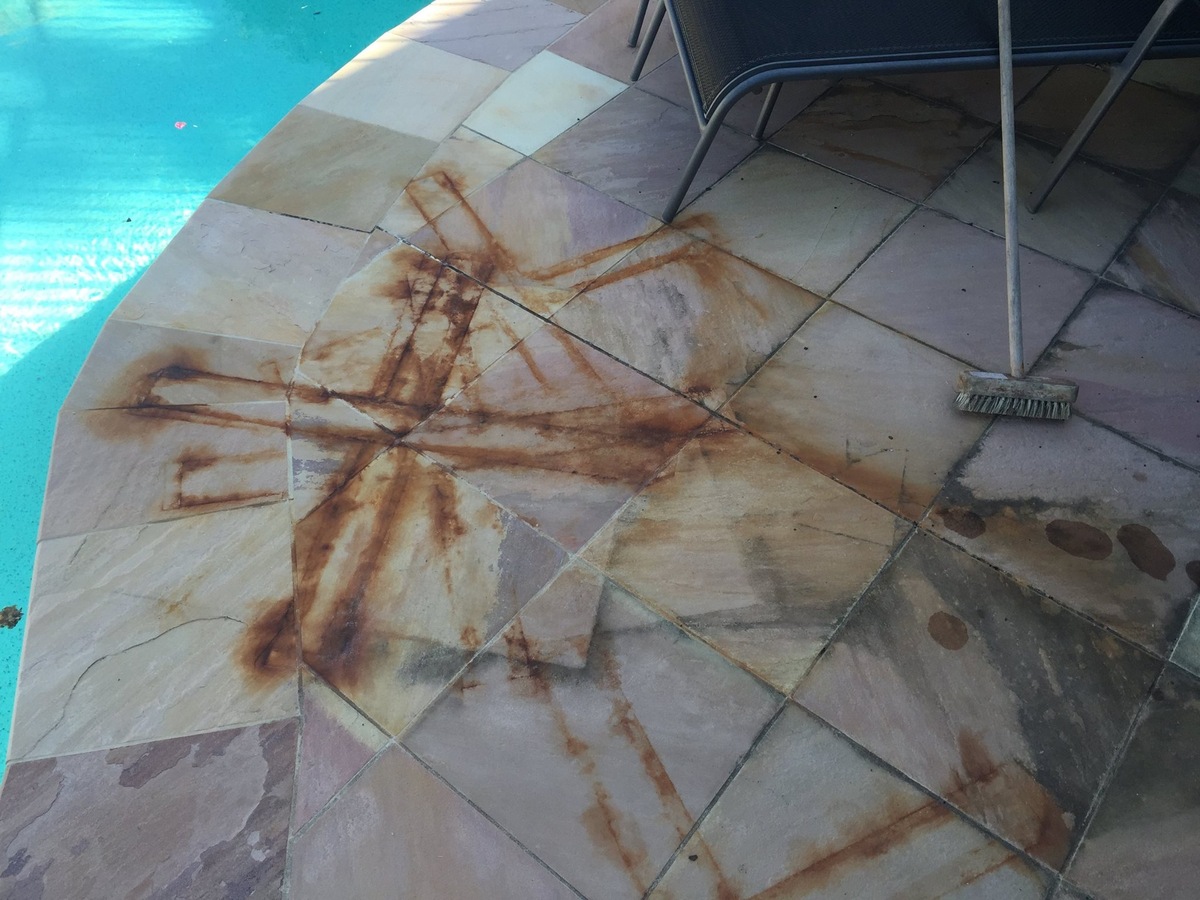
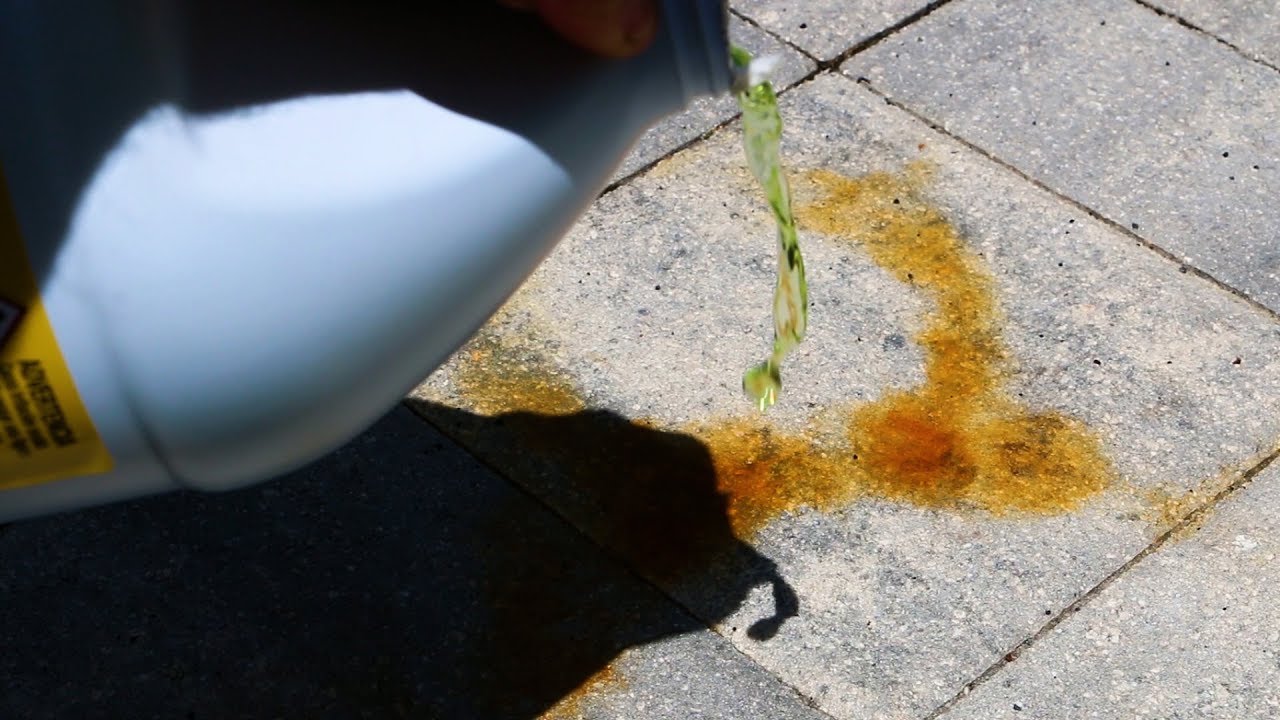
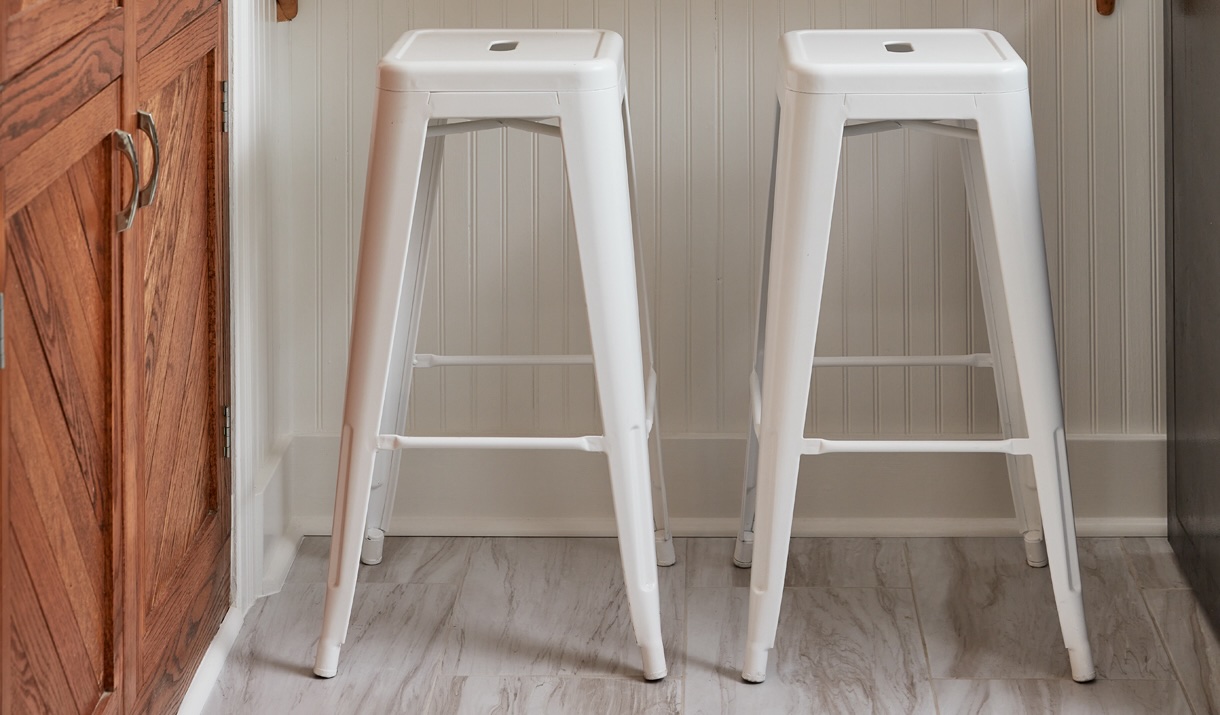
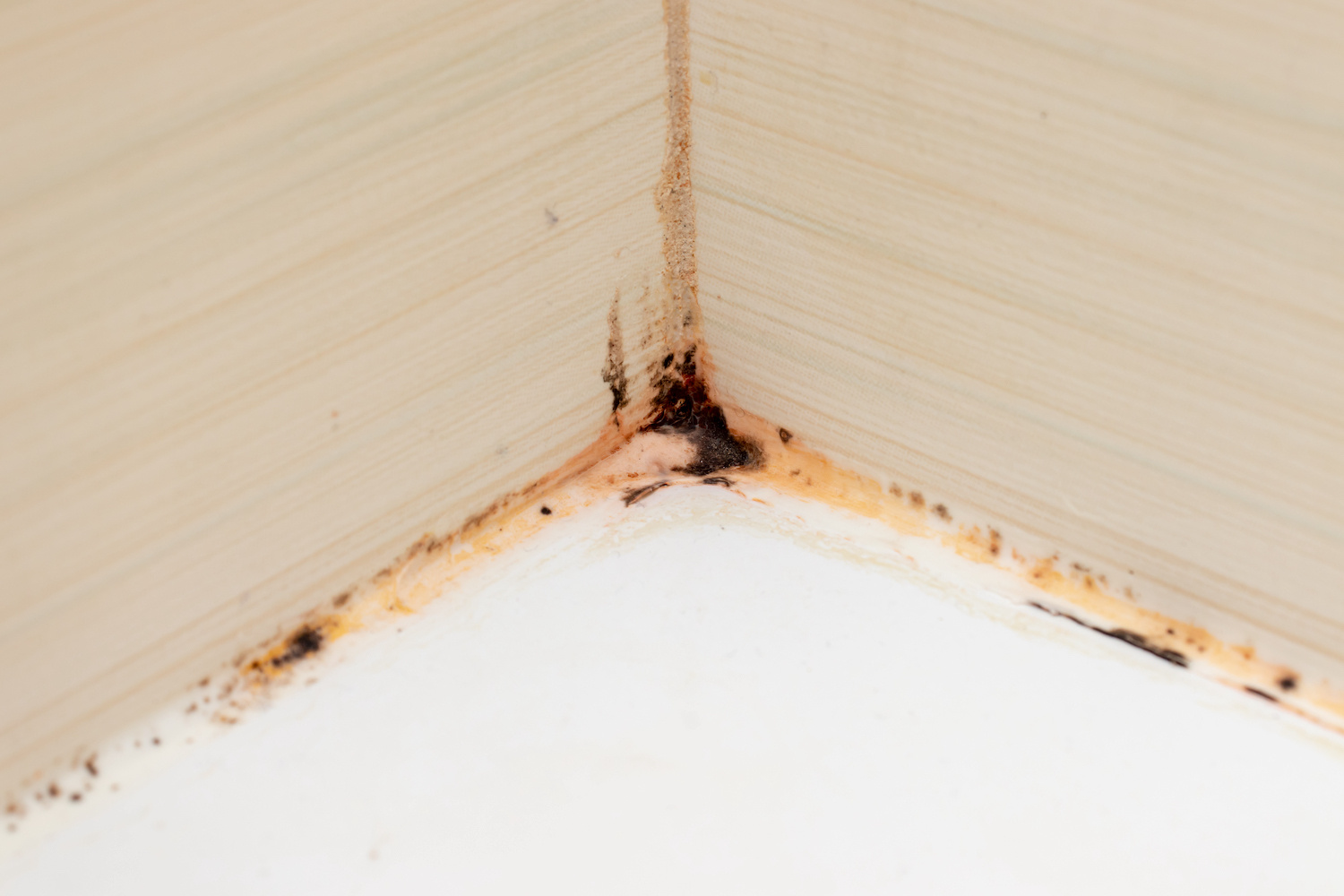
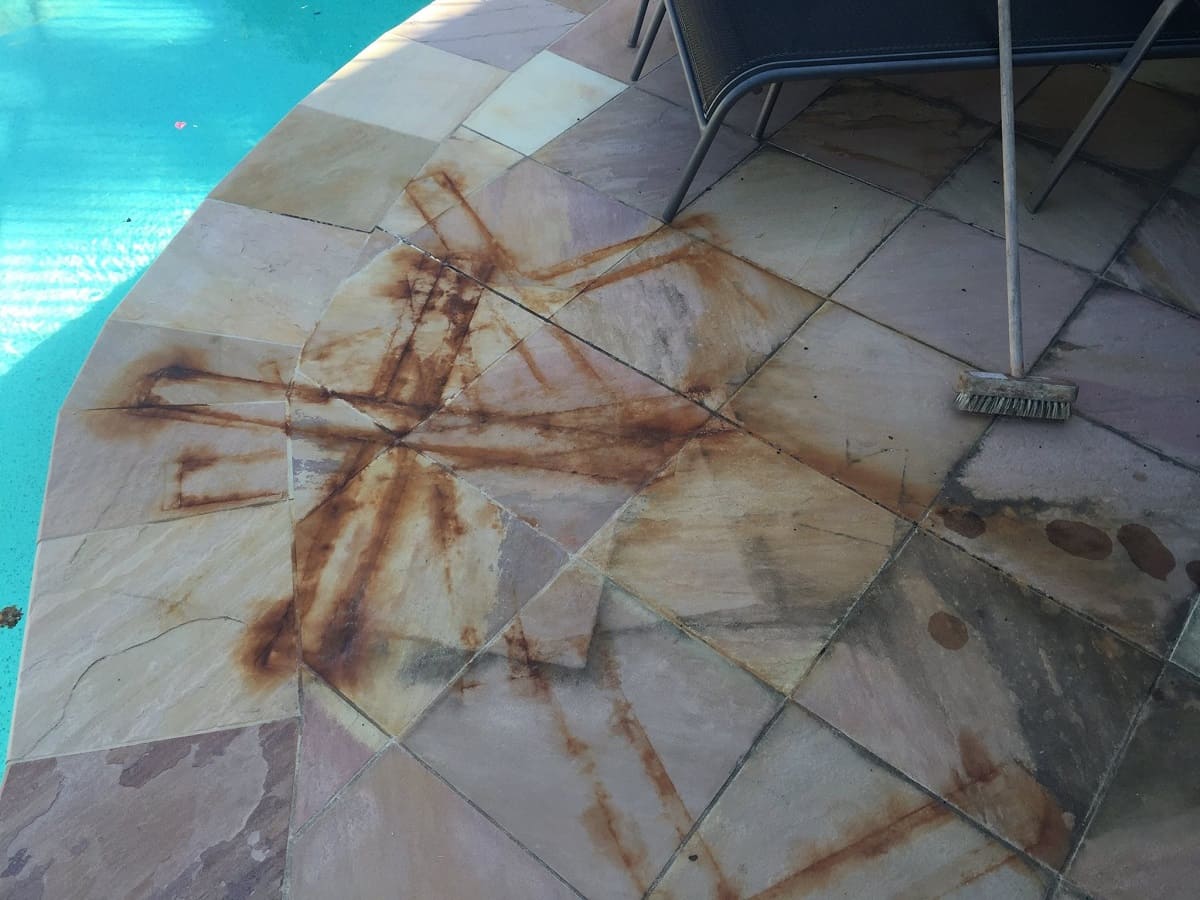
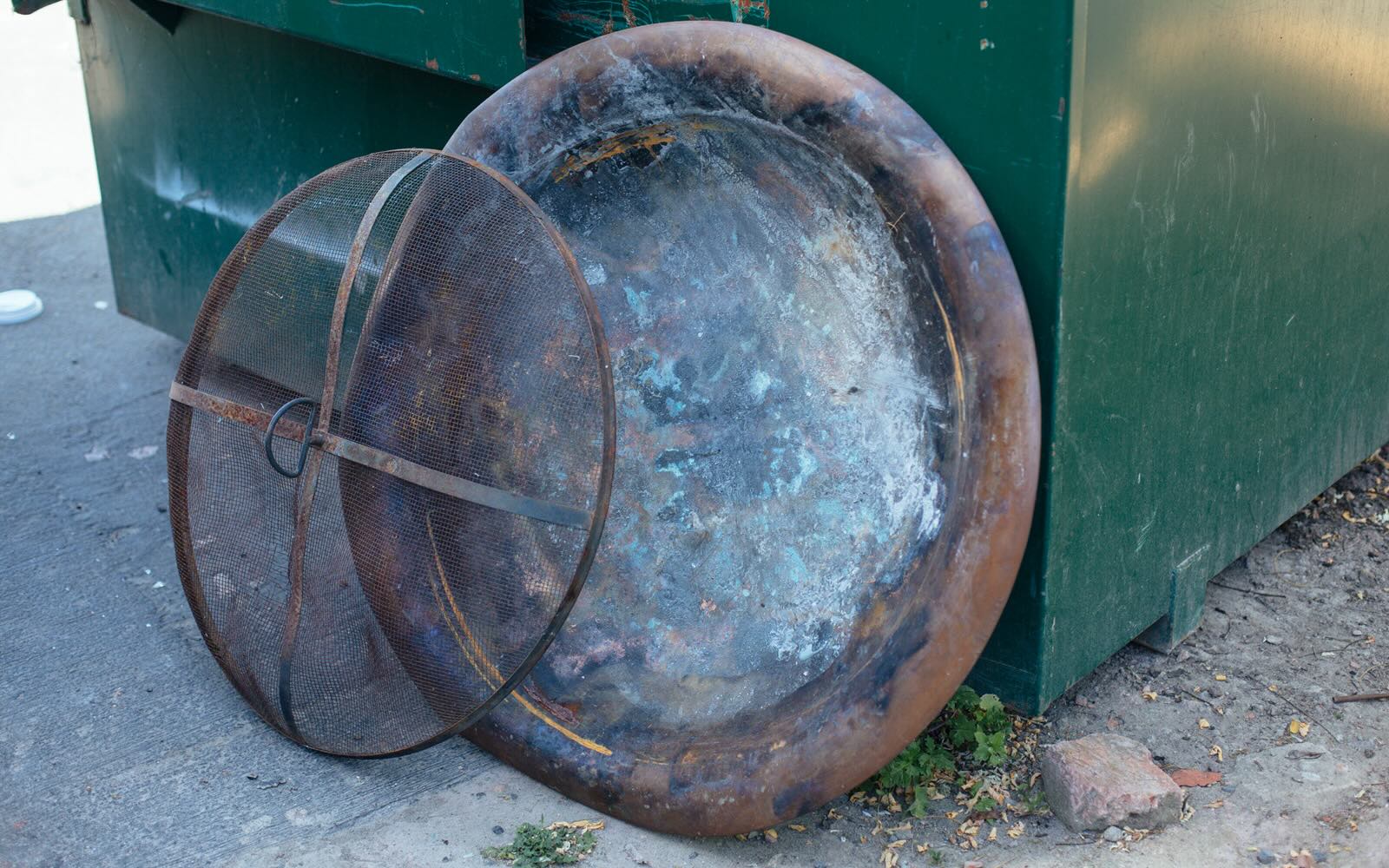
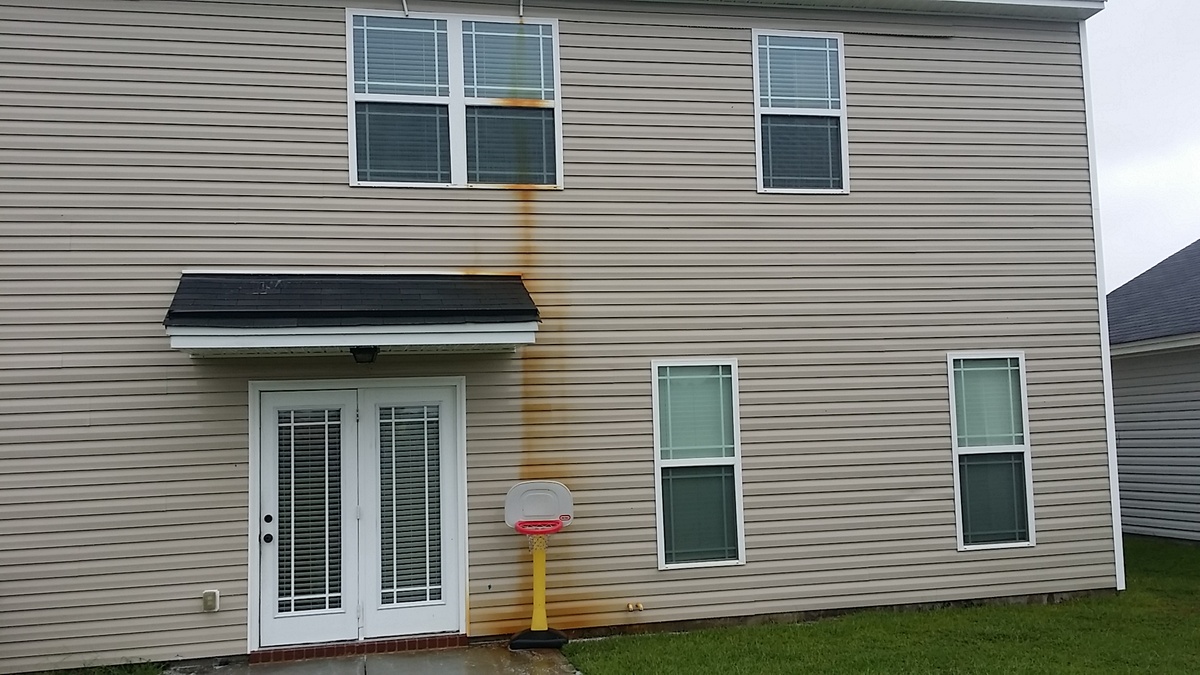

0 thoughts on “How To Clean Rust Off Silverware”